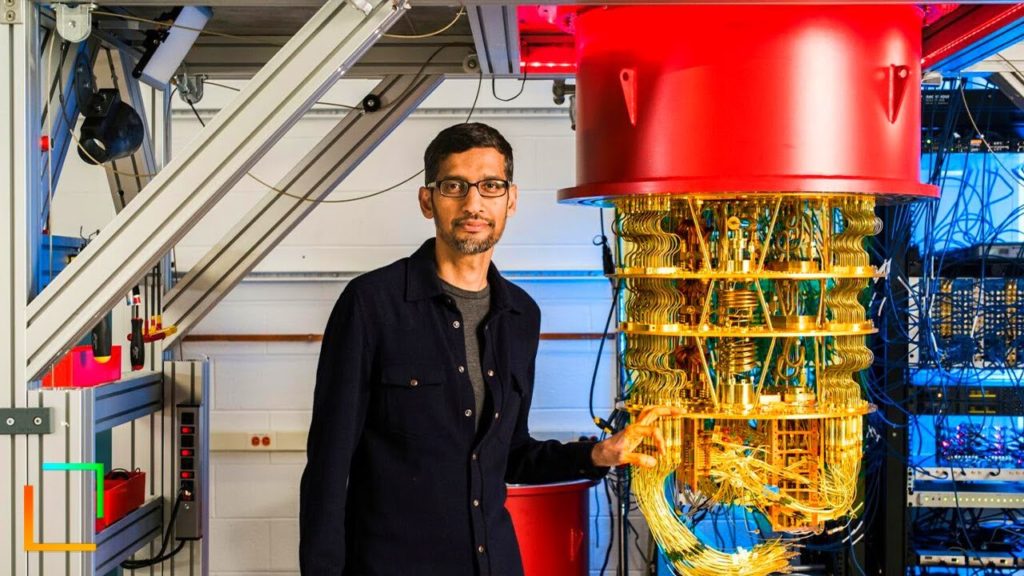|
Getting your Trinity Audio player ready...
|
Quantum Computers – Quantum computing is a rapidly emerging field of technology that seeks to harness the power of quantum mechanics to perform calculations and solve problems that are intractable with classical computers. Quantum computers use the principles of quantum mechanics, such as superposition and entanglement, to encode and manipulate information in ways that are fundamentally different from classical computers.
One of the key advantages of quantum computers is their ability to perform certain calculations exponentially faster than classical computers. This is because quantum computers are able to take advantage of the unique properties of quantum systems to perform parallel computations on a large number of possible solutions simultaneously. This allows them to solve problems that would take a classical computer an impossibly long time to solve.
For example, quantum computers can be used to find the prime factors of large numbers, a problem known as integer factorization. This is a problem that is central to many modern cryptography algorithms, such as the RSA algorithm, which is used to secure online communications. With a large enough quantum computer, it would be possible to break many of the encryption algorithms currently in use, potentially undermining the security of the entire internet.
Another potential application of quantum computers is in simulating the behavior of complex quantum systems, such as molecules. This could be useful in a variety of fields, such as chemistry and materials science, where understanding the properties of molecules is essential for developing new drugs and materials. By using a quantum computer to simulate the behavior of molecules, researchers could gain insights that would be impossible to obtain with classical computers.
Despite these potential benefits, there are still many challenges to be overcome before quantum computers can be put into widespread use. One of the biggest challenges is the fragility of quantum systems, which makes them prone to errors and decoherence. This means that quantum computers must be carefully shielded from external influences, such as temperature fluctuations and electromagnetic radiation, in order to maintain the delicate quantum states needed for computation.
Another challenge is the difficulty of programming quantum computers. Unlike classical computers, which are based on a series of simple, logical operations, quantum computers require a fundamentally different approach to computation. This has led to the development of new programming languages and algorithms specifically designed for quantum computers, which must be mastered by researchers and developers in order to use these machines effectively.
Despite these challenges, quantum computing is a rapidly advancing field, with major research institutions and technology companies investing heavily in the development of quantum hardware and software. It is likely that we will see significant progress in the coming years, as researchers continue to push the boundaries of what is possible with quantum computers.
While it may take some time before quantum computers are ready for widespread use, the potential benefits are enormous, and the possibilities for what we can do with these machines are truly exciting.
